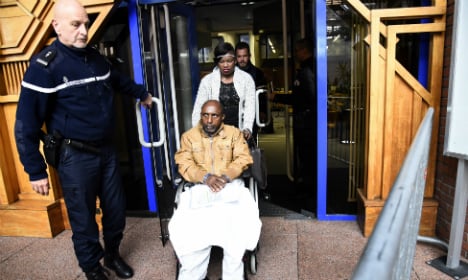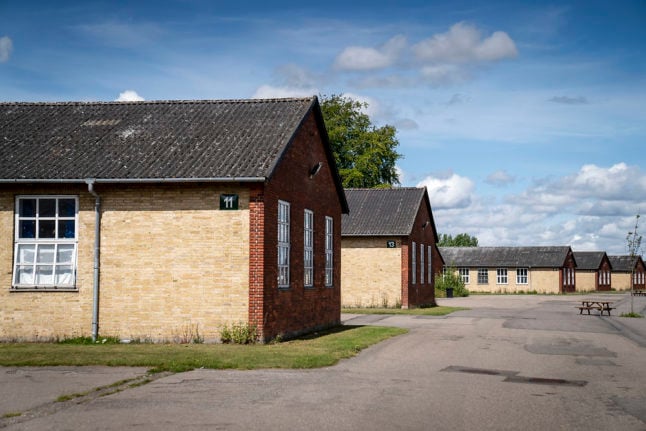Pascal Simbikangwa was found guilty of genocide and complicity in crimes against humanity in a landmark 2014 trial that marked a turning point in France's approach to genocide suspects living on its soil.
Simbikangwa, a 56-year-old former presidential guard member who insists he is innocent, launched an appeal in October prompting a six-week trial that wasdecided by nine jurors and three magistrates.
His legal team blasted the decision as “botched”.
“We were naive — we wanted to believe that he would not be sentenced in advance,” his lawyer Fabrice Epstein said as she left the court in Bobigny outside Paris.
She said the proceedings had been treated as a wider trial on the genocide that left more than 800,000 people dead, “rather than the trial of Mr Simbikangwa” alone.
Lawyers for the five activist groups that were civil parties in the case meanwhile left the courtroom to applause from supporters.
Alain Gauthier, head of the Civil Plaintiffs Collective for Rwanda, hailed the decision. “This legitimises the fight we've been leading for 20 years without any glory,” he said.
'A voice for victims'
The International Federation of Human Rights and Human Rights League, which were also among the civil parties, said the ruling gave a voice to “victims who have been waiting for justice to be done for more than 20 years”.
Previously, France, widely considered to have supported the Rwandan Hutu regime that carried out the bulk of the killings, had been accused of dragging its feet on prosecuting cases.
Since Simbikangwa went on trial, two other Rwandans have been prosecuted in France over the genocide — Octavien Ngenzi and Tito Barahira, who are both appealing life sentences they were handed in May.
Simbikangwa, who has been confined to a wheelchair since a car crash in the1980s, was accused of organising roadblocks where Hutu militia murdered many of their victims, mostly members of the Tutsi minority.
He was also accused of arming the militia.
“I was a soldier but after my accident I returned to civilian life,” he told the court earlier this week.
The three-month orgy of slaughter in Rwanda began when the plane of then president Juvenal Habyarimana, a Hutu, was shot down in April 1994.
Simbikangwa caused a sensation at his trial by declaring he had never seen any victims' bodies during the massacres.
His defence relied on the fact that the prosecution produced no direct witnesses to his alleged crimes.
Simbikangwa was arrested in 2008 on the French Indian Ocean island of Mayotte, where he had been living under a false identity.



 Please whitelist us to continue reading.
Please whitelist us to continue reading.